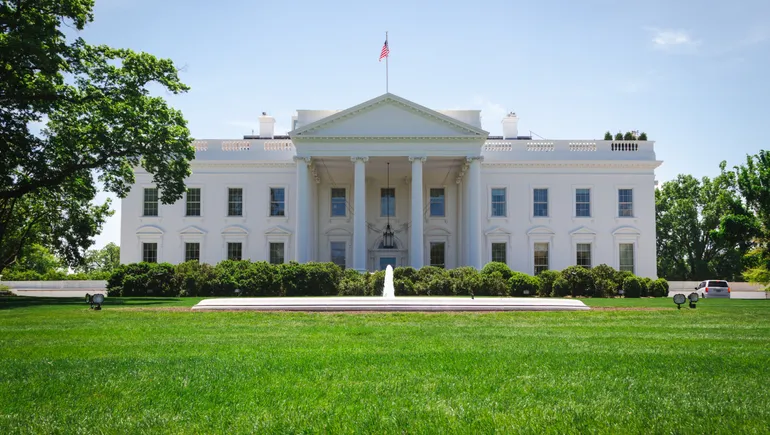As we approach what promises to be a politically charged election season, it’s intriguing to observe the diverse strategies each social media platform is adopting concerning political content.
With several significant elections looming, including those in the U.S., India, the European Union, the U.K., and South Africa, among others, and considering the high usage of social media in these regions, platforms are grappling with whether to curtail or broaden the political discourse on their platforms. The decisions they make could profoundly impact electoral outcomes.
Meta, for instance, has taken a definitive stance to minimize political content across its apps. Recently, the company announced the discontinuation of its Facebook News initiative and the termination of agreements with local news publishers on Facebook and Instagram. This move aligns with Meta’s ongoing efforts to reduce divisive political content following feedback from users, particularly after the Capitol Riots in 2021.
The company’s shift towards AI-recommended content, predominantly short-form video clips, has significantly altered user feeds. As a result, political content on platforms like Facebook and Instagram has dwindled to less than 3% of users’ feeds globally.

Social Media (Credits: The Guardian)
This strategic move by Meta is not only driven by user feedback but also by the substantial costs and reputational damage associated with political and news content. The fallout from incidents like the Cambridge Analytica scandal has cost Meta billions in penalties, settlements, and fines, not to mention the erosion of user trust.
On the other hand, Twitter, now referred to as X, has adopted a more permissive approach to political debate. With Elon Musk, its most followed user, using the platform to amplify his viewpoints on various political issues, X has become a hub for political discourse.
However, X’s reliance on crowd-sourced moderation, particularly through its “Community Notes” system, has opened the door to misinformation and manipulation. Despite Musk’s belief in the value of free speech, this approach has raised concerns about the platform’s role in influencing political discussions, especially considering its significant reach among news consumers.
The proliferation of misinformation on X, coupled with the platform’s popularity among passionate news consumers, could potentially sway voter opinions, particularly in the absence of a counterbalance from platforms like Meta.
While Meta prioritizes its business interests over political involvement, the unchecked spread of unfounded conspiracies on X raises serious concerns about the integrity of democratic processes. As the election season unfolds, the impact of these platforms on voter behavior remains a pressing issue, with potential long-term consequences.
In conclusion, the differing approaches of social media platforms towards political content present a complex landscape fraught with challenges and potential ramifications for democratic processes. As voters navigate through a sea of information, the role of platforms like Meta and X in shaping public opinion warrants close scrutiny and ongoing debate.























